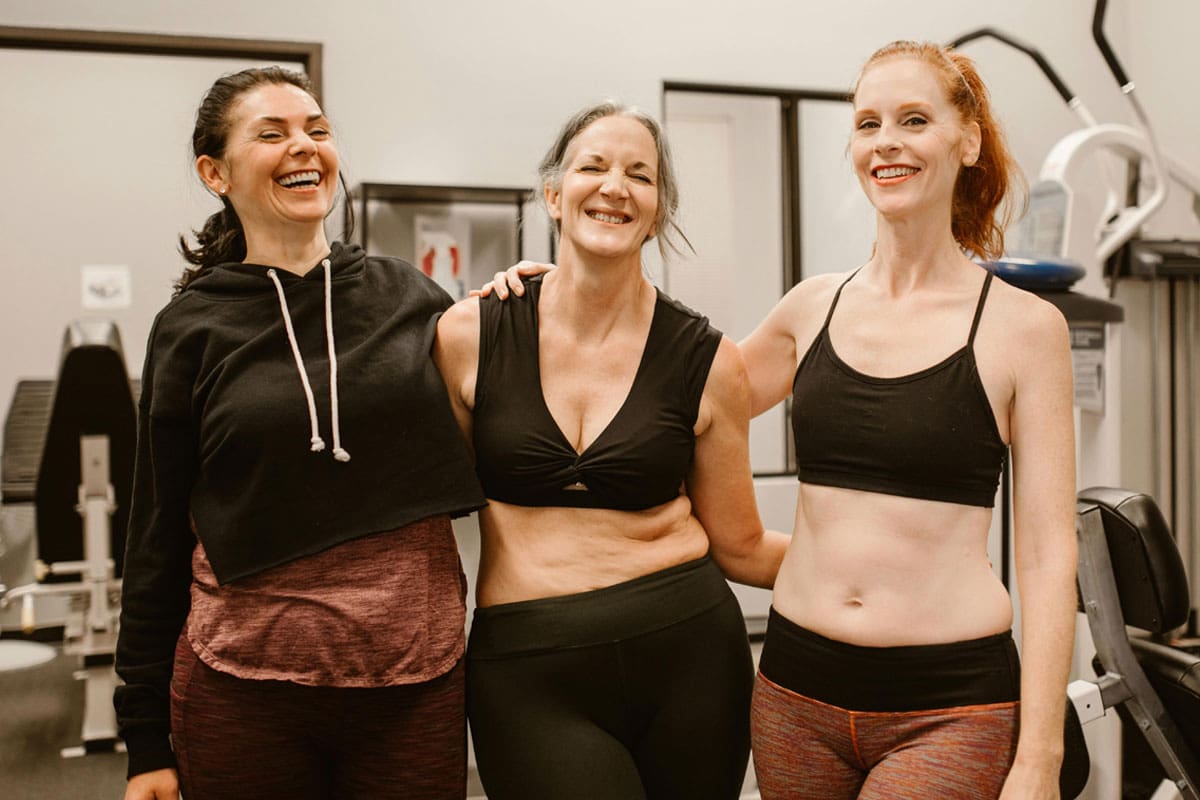As we approach the new year, many Australians are already thinking about the kinds of changes and goals they are going to put into effect in 2025 to achieve better life outcomes.
Many of these will involve losing weight, changing jobs, buying a new home, getting a raise and travelling. According to Associate Professor Sanjay Warrier, a leading breast cancer surgeon, with breast cancer now impacting one in seven women, reducing the risk of developing breast cancer should be top of many people’s New Year’s resolutions lists.
“Health is much more important than anything else. If you don’t have your health, you don’t have much at all,” Warrier says.
“Instead of making New Year’s resolutions that will cause you stress and angst, why not make your resolutions about how to improve your breast health to reduce the risk of breast cancer.”
“While genetics and other factors undeniably play a role in the likelihood of developing breast cancer, lifestyle choices also have a significant impact. By making proactive changes, you can work towards reducing the risk.”
Here are Warrier’s tips to include in your resolutions to reduce your risk of breast cancer in 2025.
Reduce your stress
“Stress is highly damaging to our health so it is important to reduce stress where possible to minimise its impact on your body’s hormonal and immune systems. Chronic stress can elevate levels of cortisol, the body’s primary stress hormone. Prolonged high cortisol levels may interfere with other hormonal processes, such as estrogen regulation. Since estrogen plays a key role in some types of breast cancer, maintaining hormonal balance is essential for breast health,” Warrier says.
“Stress also weakens the immune system by reducing its ability to detect and destroy abnormal cells, including potential cancer cells. By managing stress, the immune system is better equipped to function optimally and protect the body.
“Look at ways to reduce stress through walking, yoga, relaxation, and other methods.”
Maintain a healthy weight
“Excess weight, particularly after menopause, is linked to a higher risk of breast cancer. After menopause, fat tissue becomes the primary source of estrogen in the body. Excess fat leads to higher estrogen levels, which can promote the growth of hormone-receptor-positive breast cancers,” Warrier says.
“Put in place a plan to manage your weight and if you need to lose weight consider making lifestyle changes. If you need help make an appointment with your doctor. In addition to lifestyle changes, your GP may be able to assist with a medical weight loss treatment.”

Exercise regularly
“Exercise helps regulate hormones and reduce inflammation, both of which can lower cancer risk. By exercising each week, at least five times a week, you are helping your body to move and maintain a healthy weight,” Warrier says.
Limit alcohol intake
“Even small amounts of alcohol can increase breast cancer risk. If you choose to drink, do so in moderation, keeping to no more than one standard drink per day,” Warrier says.
Avoid smoking
“Smoking is associated with a number of cancers, including breast cancer, particularly in premenopausal women. Quitting smoking is one of the best steps you can take for your overall health,” Warrier says.
“In addition, avoid the risk of being a passive smoker. Research results show that the risk of cancer is elevated for people who inhale second hand smoke.”
Learn how to undertake self examinations
“Every woman should undertake regular self examinations at home. I have developed a simple system called Look, Lift, Feel to help women undertake these checks in a comfortable and thorough way,” Warrier says.
“More information about this system is contained on my website. It is important to become familiar with your breasts so that you are able to detect any changes when undertaking a self examination. If you do notice a change, contact your doctor or my clinic immediately.”
Prioritise regular screenings
“Early detection saves lives. Make sure you’re up-to-date with mammograms and self-exams, and consult with your doctor or my client about a screening schedule that suits your risk profile,” Warrier says.
Embrace a nutrient-rich diet
“Focus on eating plenty of fruits, vegetables, whole grains and lean proteins. Incorporating foods rich in antioxidants and omega-3 fatty acids may also promote breast health,” Warrier says.
“Eliminate fast food and highly processed foods from your diet where possible. Aim for fresh clean whole foods and avoid a lot of red meat. Nourishing your body with good food, vitamins and minerals helps your body to fight off disease.”
Main image: RDNE Stock project/Pexels


